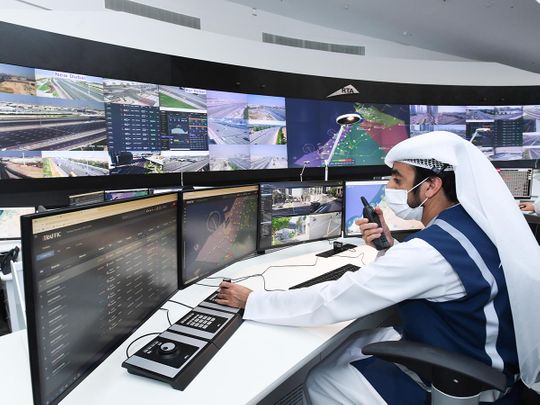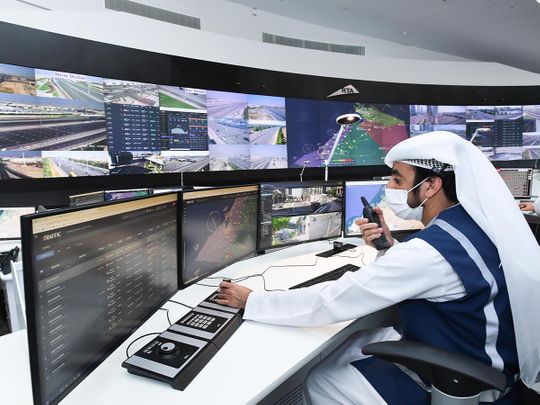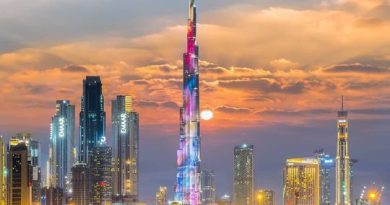Dubai’s RTA selects four start-ups with new mobility solutions

Image Credit: WAM
Dubai: Four start-ups have been selected by Dubai’s Roads and Transport Authority (RTA) as part of the Phase II of Dubai Future Accelerators (DFA) programme that aims to provide solutions to key challenges, including mobility services post-COVID-19 and community-based transport planning.
“The selected companies will join a six-week in-residence programme in Dubai that will run from January 17 to February 25. Solutions selected through Phase II qualifiers will be subject to research, development and trial so that they can be ready for implementation,” according to RTA.
The selection criteria focused on the novelty of proposed solutions, compatibility with future trends, workability, effectivity, anticipated impact and value-addition.
Key challenges
Mohammed Al Mudharreb, chair of the Executive Committee for Anticipating the Future and CEO of RTA’s Corporate Technology Support Services Sector, said: “The 8th round of Dubai Future Accelerators, in collaboration with Dubai Future Foundation, includes two key challenges. The first is about how to provide new soft and shared mobility services at the post-COVID-19 stage. The second challenge is about how to make an interactive and community-based transport planning.”
“The four start-ups that qualified for Phase II of DFA came from six shortlisted start-ups in the initial phase. The selection was made via virtual meetings that took place from November 1-25 last year. Submissions were received from 93 local and global start-ups,” he added.
Future transport system
Al Mudharreb continued: “The first challenge, which is about new shared mobility services post-COVID-19, underscores our perception of change in mobility behaviours due to the impact of the pandemic. It warrants innovative solutions to cope with potential emergencies and crises that may be encountered by transport systems in the future.”
“The second challenge is engaging the public in planning transport compatible with their needs and expectations,” he added.


